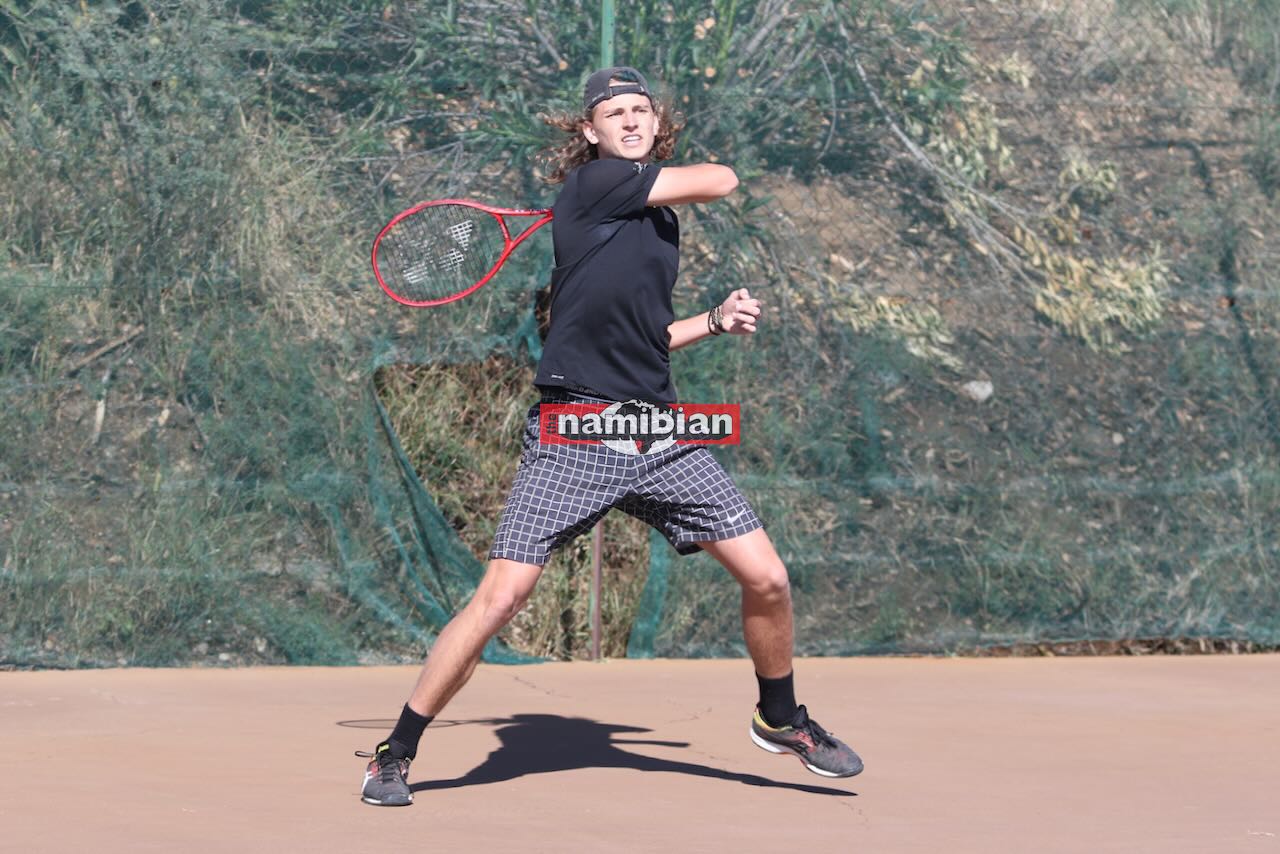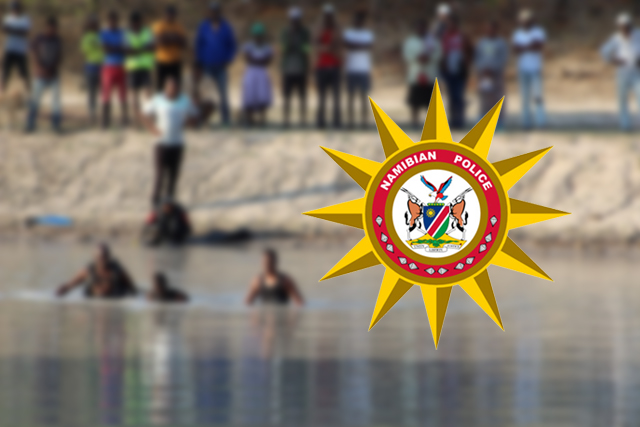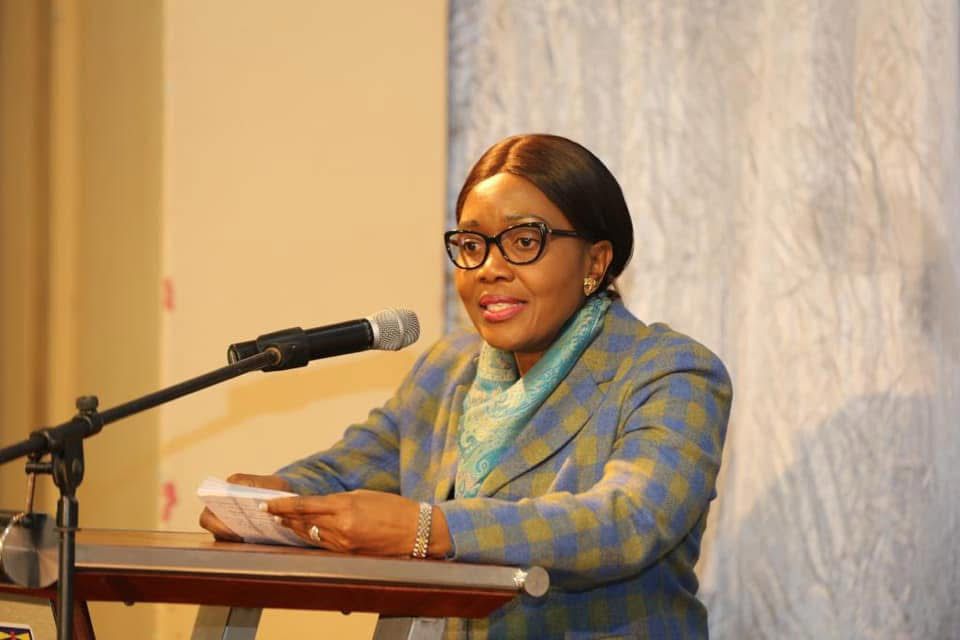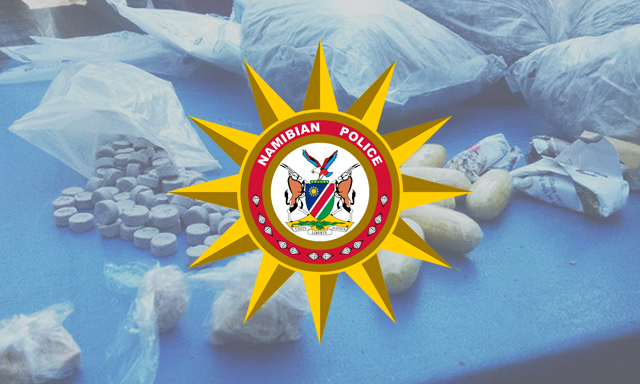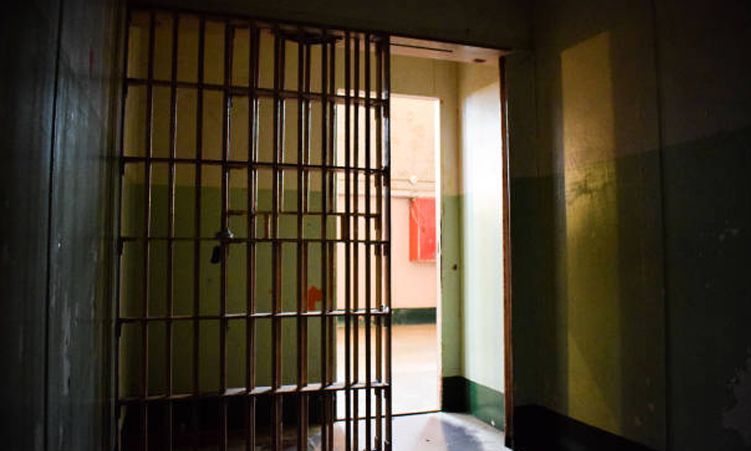By Vekondja Kuzee
Known as the world cup of tennis, and with Namibia participating at its highest level for the first time, what exactly is the Davis Cup The Davis Cup is the premier international team event in men’s tennis. Founded in 1900 and organised by the International Tennis Federation, it has 155 competing teams/nations – there are 195 nations in the world.
Italy are the current champions, while the most titles have been won by the United States.
In 2024, a record 157 nations entered the Davis Cup, making it the world’s largest international team competition in sport.
The women’s equivalent is known as the Billie Jean King Cup, named after the great who won 39 Grand Slam titles across singles, doubles and mixed doubles formats.
The Davis Cup is divided into five groups: World Group I, World Group II, Group III, Group IV and Group V.
World Group I is the highest-level group with 24 nations competing to play in the Davis Cup Finals. Here is where the likes of Italy, Australia, Canada, Spain, Germany and France compete.
World Group II is the second highest-level group, which Namibia qualified for in 2024.
The ties are played on a home-or-away basis, and the winning nation progresses to play another World Group II tie in September while the losing nation will compete in a regional group event. The likes of South Africa, China, Ireland, New Zealand and Morocco all participate at World Group II level.
Groups III, IV and V are the regional group events where nations play in a league format, with the top three winning promotion and bottom two getting relegated.
In 2024, Namibia played Benin, Ivory Coast, Ghana, Zimbabwe and host nation Nigeria, where we qualified to World Group II as the top, having come out as the nation with the best record of five wins out of six (tied with Zimbabwe) while winning the most matches.
Now our national team continues the journey and the dream when they take on Hong Kong on 1 and 2 February at the Central Tennis Club in Windhoek, with the prospect of a World Group I play-off tie on the line.
Namibia is currently ranked 72 in the world while Hong Kong is ranked 59.
Tickets to the event will go on general sale on 10 January. The Namibia Tennis Association urges all patriots and tennis enthusiasts to come out and support the team as they look to make a statement at the Davis Cup.
– Vekondja Kuzee is the vice president of the Namibia Tennis Association.
Stay informed with The Namibian – your source for credible journalism. Get in-depth reporting and opinions for
only N$85 a month. Invest in journalism, invest in democracy –
Subscribe Now!




